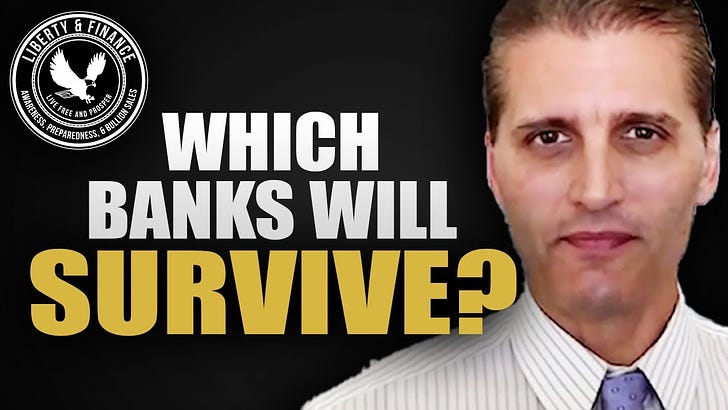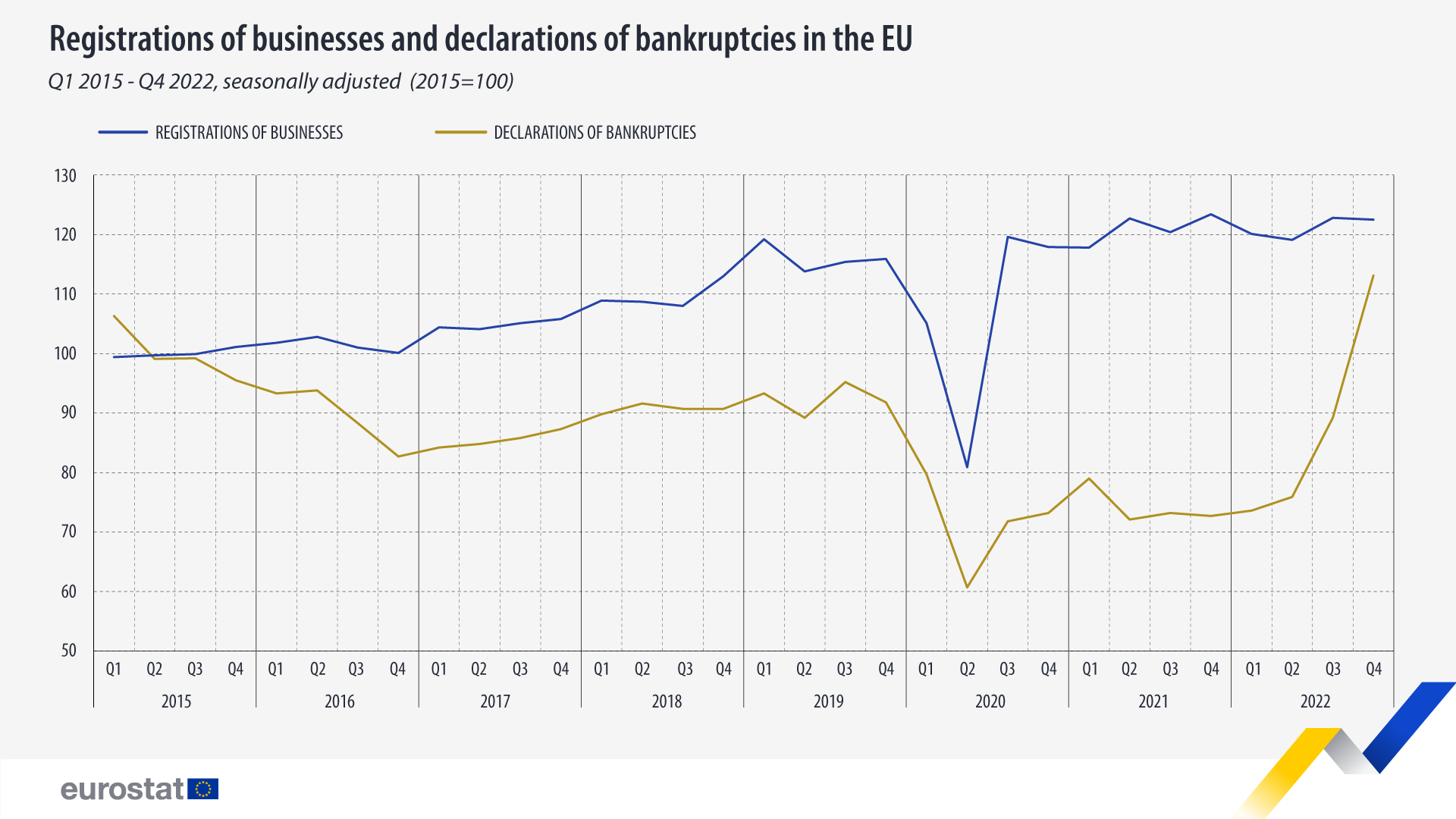Meanwhile, the international rating agency Moody's changed its outlook on the U.S. banking system from stable to negative.
And Robert Kiosaki, who predicted the collapse of Lehman Brothers in 2008, expects the bankruptcy of the Swiss bank Credit Suisse.
The Swiss government will do everything in its power to make sure that doesn't happen. Central will banks everywhere will do the same to protect their system of finance - at least in the short-term.
The problem with that is that inflation will start to shoot upwards again because any intervention is an end to quantitative tightening. It's an expansion of money supply. It may not be a significant expansion but it blunts the effect of anti-inflation tightening, even more so because this quantitative easing is aimed at the very people who are responsible for most of the inflation to begin with: wealthy venture capitalist investors (okay, speculators).
Worst of all, we're telling these speculators that we're going to wipe their ass and do the cleanup the next time they shit on our carpet. There's not really an incentive for these people to fly straight. Why not take big risks if you can withdraw your money, capitalize your gains, and socialize your losses? Hell, if you know what you're doing you can even short your own bank stock and win millions betting against your own bank to get fucked.
Surging inflation and eventual banking system failures that even governments can't fix are in our future - possibly sooner than we realize. And this is on top of a worsening climate, which will have its own inflationary impacts. I'm probably moving my accounts to big banks like JP Morgan Chase from now on, because they really are too big to fail. But once they do...it's game over for the American way of life and our standard of living.
What happened now is that because the United States printed an unthinkable amount of money in the Covid
It did, but it was printing too much money in the years before COVID. The Fed went from being about stabilizing economic conditions and ensuring liquidity to making sure that everyone who wants a job can find one. Its focus on unemployment made sense from 2008 to 2012, but after that, QE should have ended and gradually reversed itself; instead it expanded, and then with COVID, it exploded at a time when people were staying home, industrial production declined, and supply chains were broken.
The U.S. could lower interest rates now. But then they will be slammed with unthinkable inflation. They can, on the contrary, further increase interest rates in the hope that it will increase the yield on deposits. But then the mortgage lending market would collapse. In general, everywhere you look, there is a dead end.
Yep, it's a debt trap. The only way it ends is with major unemployment and letting some failing banks die and letting some investors, er, account holders face the consequences. But we're addicted to debt-based growth. That's the only way presidents can get re-elected and congressional control can change hands now. Neither party is interested in real reform because they are both on the take from big tech and big finance. A few are interested in change but they are often thought of as loons when in reality they are the only ones who recognize the dangers we're in.




